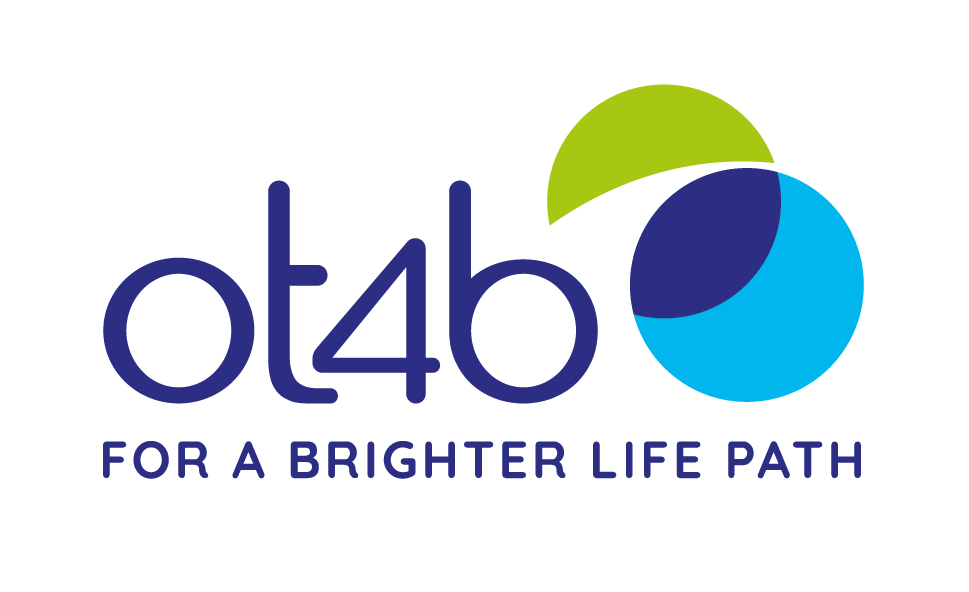A word from the CEO
‘OT4B was created in 2017, at the initiative of the French Prader-Willi community, to support and continue the academic research work of the team led by Professor Maithé Tauber from the National Reference Centre for Prader-Willi Syndrome at the Toulouse University Hospital*, and ongoing in France since 2007. In partnership with the Toulouse University Hospital, our objective is to develop oxytocin as the first treatment for patients with Prader-Willi syndrome and to make it available as soon as possible to the widest number of patients in order to improve the daily life and future of both patients and their families.’
François Vuillet
* now the CRMR PRADORT – Rare Diseases Reference Centre for Prader-Willi Syndrome and other rare forms of obesity with eating disorders

Key figures
-
2017
Creation of OT4B
Source : Intern
-
1/15-30000
Incidence of Prader-Willi syndrome (approximately 6,500 births worldwide each year)
Source : Orphanet
-
8
Studies in the ‘Oxytocin & PWS’ development programme run by Toulouse University Hospital & OT4BSource : Intern
Our patient-centred focus
Our DNA
Since its creation, OT4B has placed patients and their families at the heart of its governance, its strategy and its commitments.
Prader-Willi syndrome in neonates
Feeding, behaviour and social interaction disorders in Prader-Willi syndrome are particularly severe in the neonatal period, and can be life-threatening if not treated properly. There is no medical treatment currently available for this patient population.
Our approach
An ambitious and promising oxytocin research on neonates with Prader-Willi syndrome, from their first weeks of life, in order to address the urgent medical needs, followed by caring for older children and adults. Our hypothesis is that an early treatment could also have an impact on the child’s developmental trajectory, positioning oxytocin as a true disease modifier.
Oxytocin
Oxytocin is produced naturally in the brain by the hypothalamus, and acts as both a hormone and a neuromodulator.
Dysfunction of the oxytocinergic system in Prader-Willi syndrome is also commonly known. It has been shown in publications that there is a reduced number of oxytocin-producing neurons in the hypothalamus, as well as impaired maturation of the oxytocinergic system, in patients with Prader-Willi syndrome and in several Prader-Willi-like animal models.
Spotlight
Zoé
«On 26 February 2010, both Zoé and Prader-Willi Syndrome entered our lives. We had to adapt very quickly to this very special little human.
When she was born, Zoé had very severe hypotonia, which prevented her from moving, communicating and feeding. (…) »
Lilou
« It was incredibly difficult for her to take in even 2 ml of milk from a bottle.
Three months after coming into the world, Lilou finally went home with me, not because she was drinking enough, but because she was able to receive home care, with her nasogastric tube still in place… »
INS-2022-001-FR/EN – 08/2024